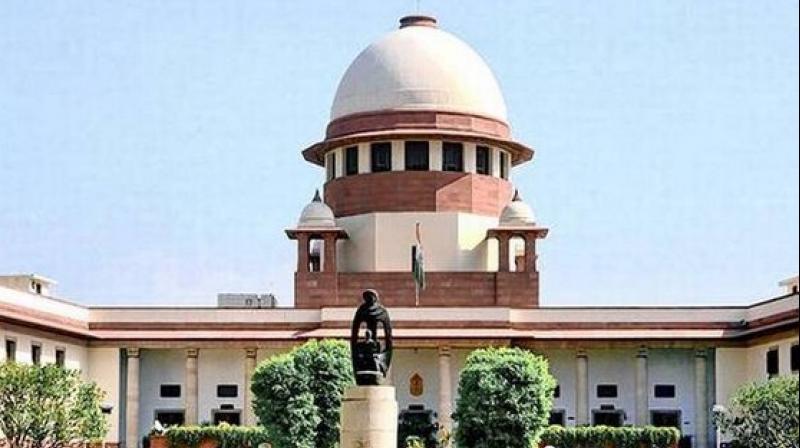Not by fiat alone
The latest was in Karnataka where an MLA who faces as many as 15 cases, some under the Forest Act, has been appointed forest minister.

The order of the Supreme Court on Thursday directing political parties to upload the details of the criminal antecedents of their candidates on their websites should be seen as yet another attempt by the court to help cleanse a system which refuses to change. Its impact, however, is doubtful; and the suggestion that parties give reasons for selecting candidates with criminal cases pending against them is more problematic as it is hardly justiciable.
As it stands today, the affidavits candidates file when submitting their nominations as candidates in elections must contain details of the criminal cases they face. These details can now be accessed through the route provided by the Right to Information Act, and there are non-governmental organisations which regularly collect this information and publish it. The latest order will only make this process simpler.
It was in 2013 that the Supreme Court scrapped Section 8 (4) of the Representation of the People Act, 1951, which protected MLAs and MPs against losing their positions even if convicted in a case and sentenced to more than two years in jail. As a result, netas today stand stripped of their stature immediately on conviction. The Supreme Court has also ordered the setting up of special courts to try cases against sitting and former MPs and MLAs. Despite all the efforts by the Election Commission and the courts, we have politicians facing serious charges, including rape and attempt to murder, getting elected to legislatures and even becoming ministers.
The latest was in Karnataka where an MLA who faces as many as 15 cases, some under the Forest Act, has been appointed forest minister. The ground reality is that the state and its arms are pretty helpless if political parties choose to field candidates who can win an election by hook or by crook. It’s a political issue that the polity as a whole must address; the judiciary can do only so much in this regard.

